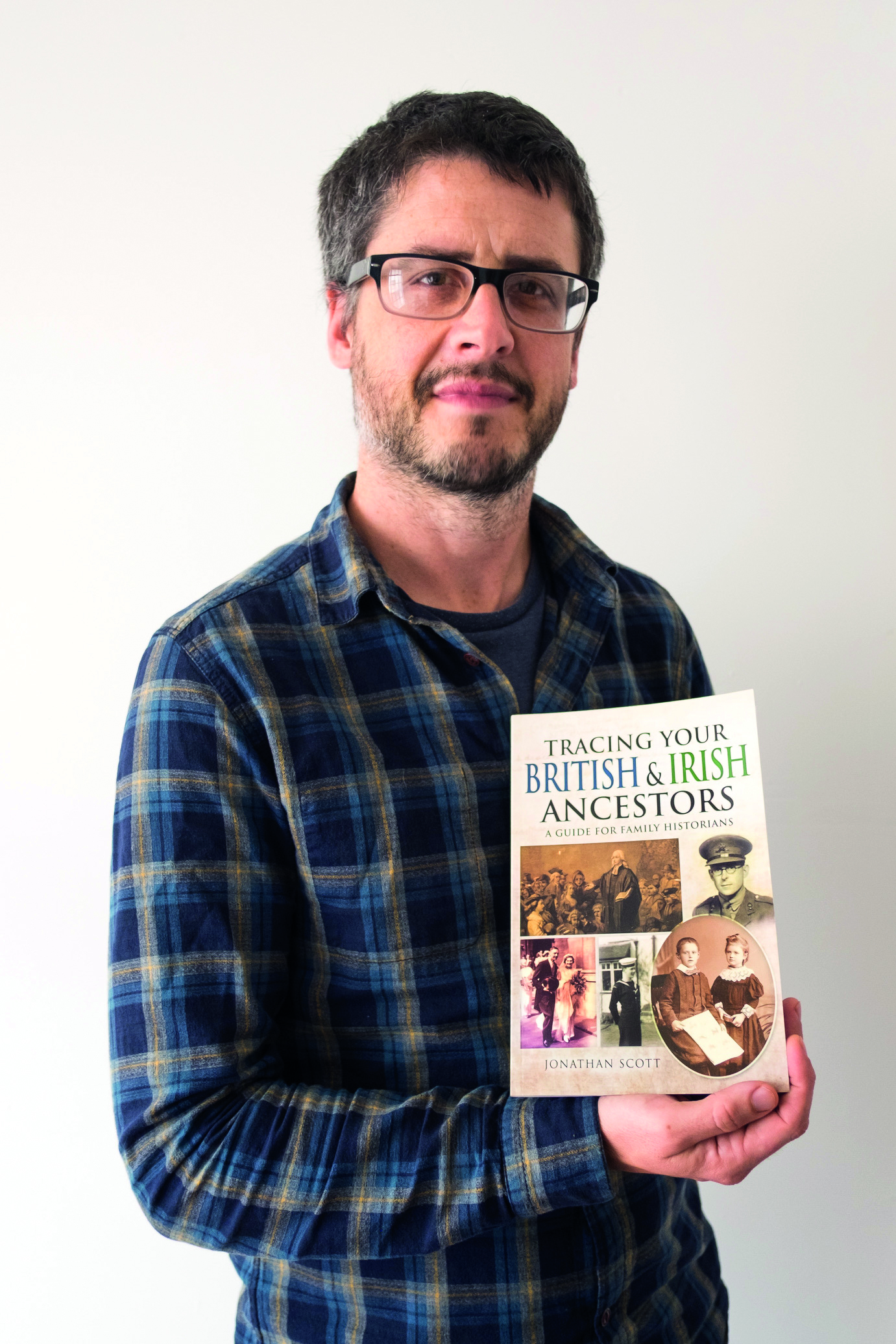When we think of 17th century history, events come to mind from our lessons at school. The Gunpowder Plot, the sailing of the Mayflower, the Civil War, the plague and the Great Fire of London. The era was dominated by religious dissent and intolerance; neighbour turned upon neighbour, and a rumour of witchcraft could get you killed.
We all have 17th century ancestors, even if they are still lurking, nameless, waiting to be discovered. The 17th century was an era when most people on low or average incomes lived under the radar. It was centuries before the records we rely on for starting a family tree, such as census records and civil registration of births, marriages and deaths, were invented.
However, parish, probate and tax records offer the possibility of finding evidence of a named forebear as far back as the 17th century, and there’s lots of this kind of data online. And while the chances of finding other sources are relatively low, the situation is far from hopeless.
The 17th century was the era of the Old Poor Law, of the Interregnum, of upheaval and mass migration. English courts began sending convicts to the colonies in America and the first Huguenots arrived in Britain.
If your ancestors were wealthy, you can track down family and estate collections, heraldic visitations, land and tax records. For forebears at the other end of the scale, it’s worth looking for digitisations or transcriptions of material left behind by the Poor Law system. These websites are the best place to start finding those records.
17th century history: The best websites for family history
1. Protestation Returns
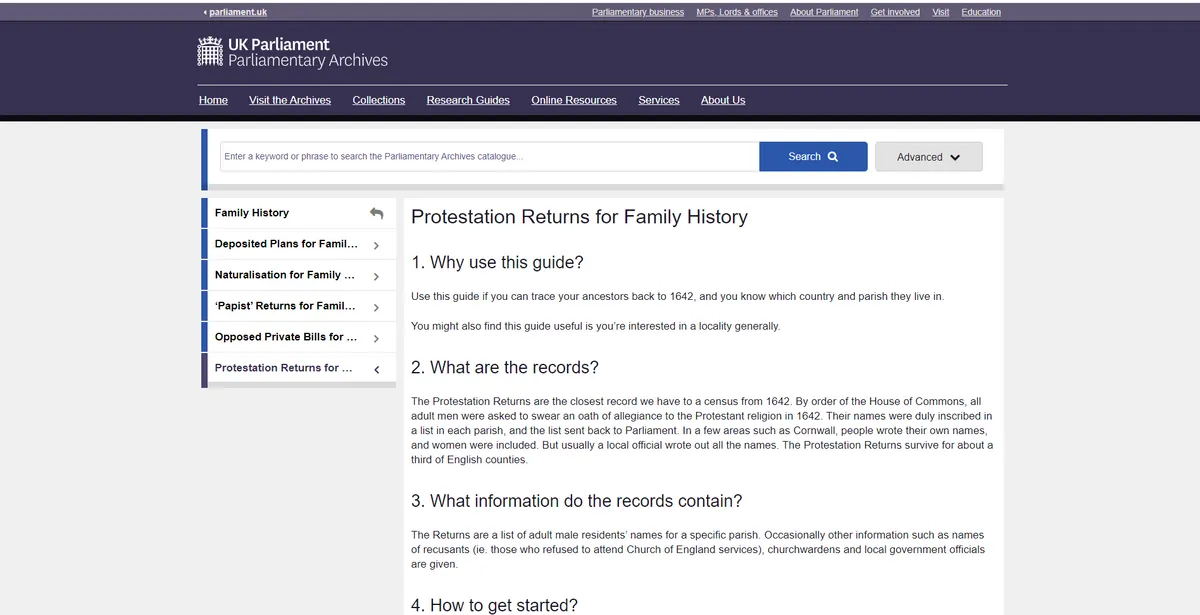
“The Protestation Returns are the closest record we have to a census from 1642.”
So begins this Parliamentary archives guide to protestation rolls, a useful 17th century source (although few are online and the information within is pretty scanty). The returns were the result of an order that all men had to swear an oath of allegiance to the Protestant religion.
Here you can search the archives catalogue by entering ‘protestation returns’ into the appropriate field. The resulting list will show surviving returns by county, with the parishes or hundreds listed.
You can also search for Returns of Roman Catholics that were compiled between 1680 and 1781.
2. Connected Histories
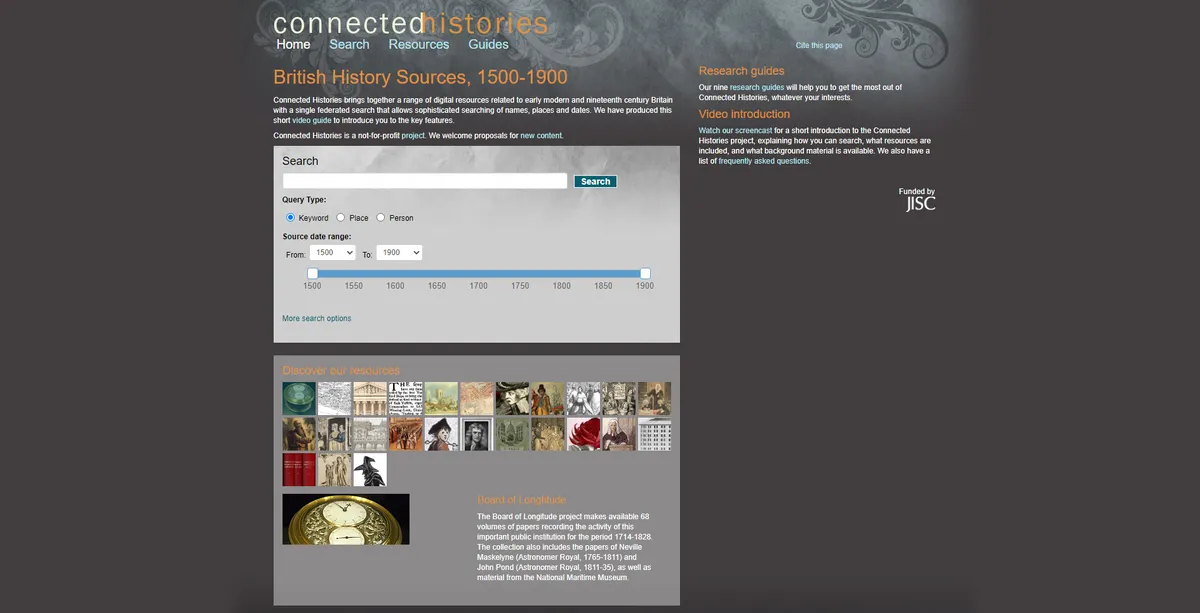
Here you can search a vast number of websites with 17th century content, some free some with a fee. These include British History Online, British Newspapers 1600-1900 and London Lives 1690-1800.
The latter has all kinds of material relating to the Old Poor Law, while British History Online has a wide range of digitised volumes including Victoria County History. The homepage date slider means you can explore resources by blocks of 25 years.
3. Old Bailey Online
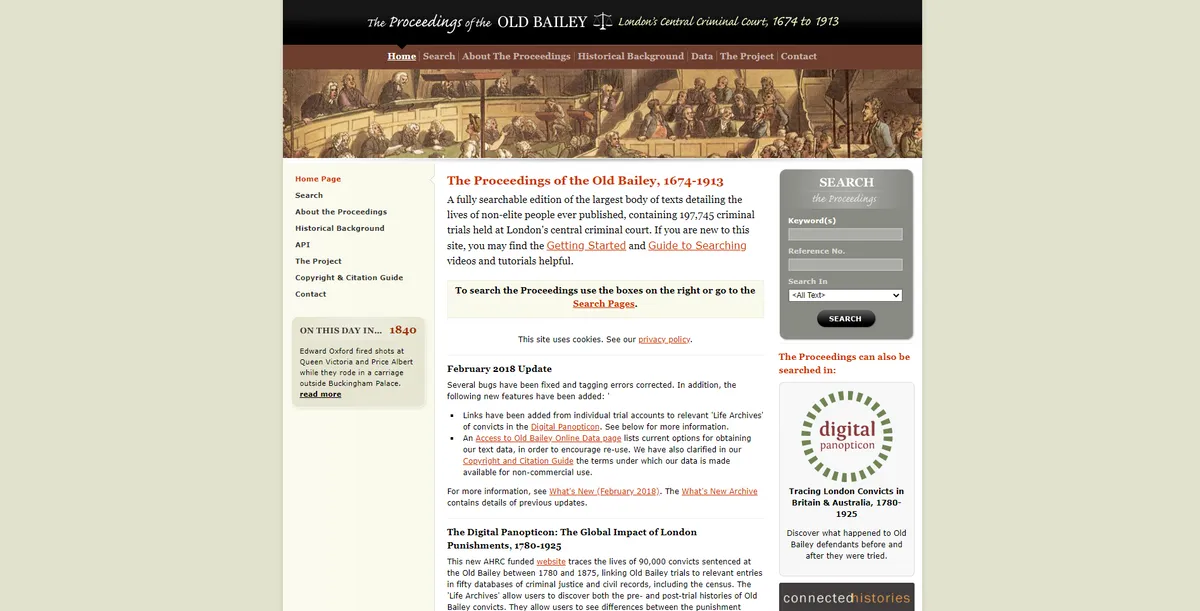
Your best bet for finding your 17th century ancestors may be if they got in trouble with the law and can be found in court records. Records of 17th century quarter sessions will be found in local record offices, while records of the assizes are at The National Archives (TNA).
Meanwhile, you can dip into the fascinating Proceedings of the Old Bailey 1674 to 1913, which contains accounts of almost 200,000 trials held at London’s Central Criminal Court, dating as far back as the 17th century.
4. The National Archives
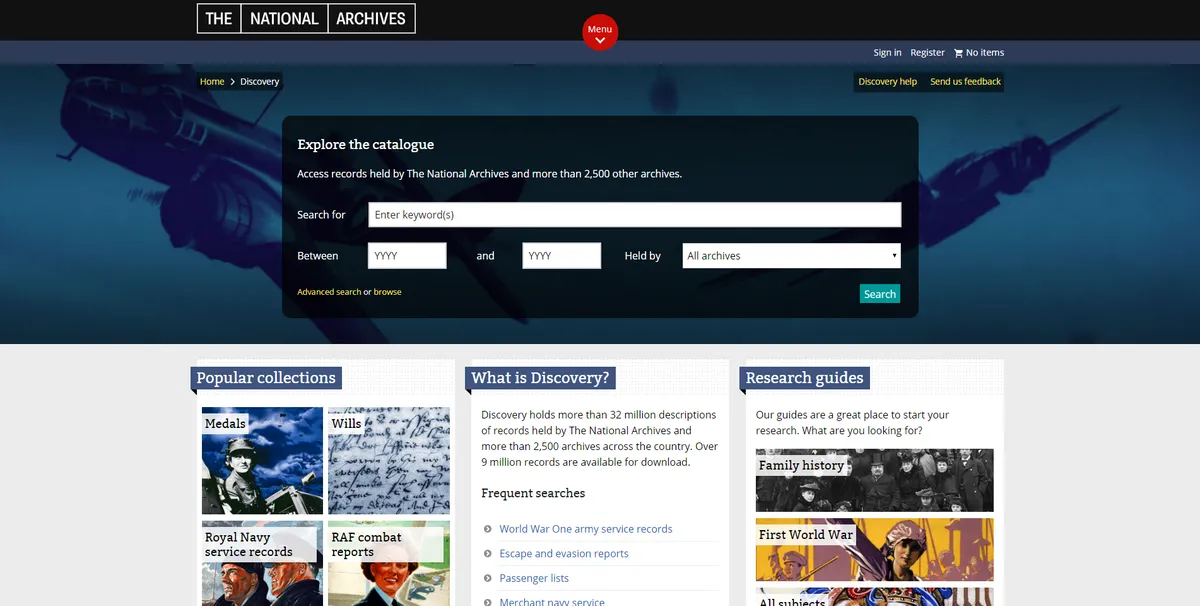
Many guides from The National Archives touch on 17th century resources, and are a great starting point for researchers new to the era (as are the equivalents found at National Records of Scotland, National Library of Wales, Public Records Office of Northern Ireland, et al).
You could also try the lectures, podcasts and webinars available via The National Archives’ media player, which include a 2008 lecture by David Hey, ‘Our 17th Century Ancestors’, exploring registers, wills, apprenticeship records, hearth tax returns and more. Meanwhile, if you’re hunting for wills, you can also search Discovery for all wills proved at the Prerogative Court of Canterbury between 1384 and 1858 (series PROB 11).
It is worth seeking out manorial documents for the 17th century. It may require professional help to translate them from Latin, but they provide a wealth of information. Manorial courts dealt with minor infringements of the law as well as the transfer of copyhold land. The Manorial Documents Register is the starting point for identifying manors and where the records are held.
5. FamilySearch Historical Record Collections
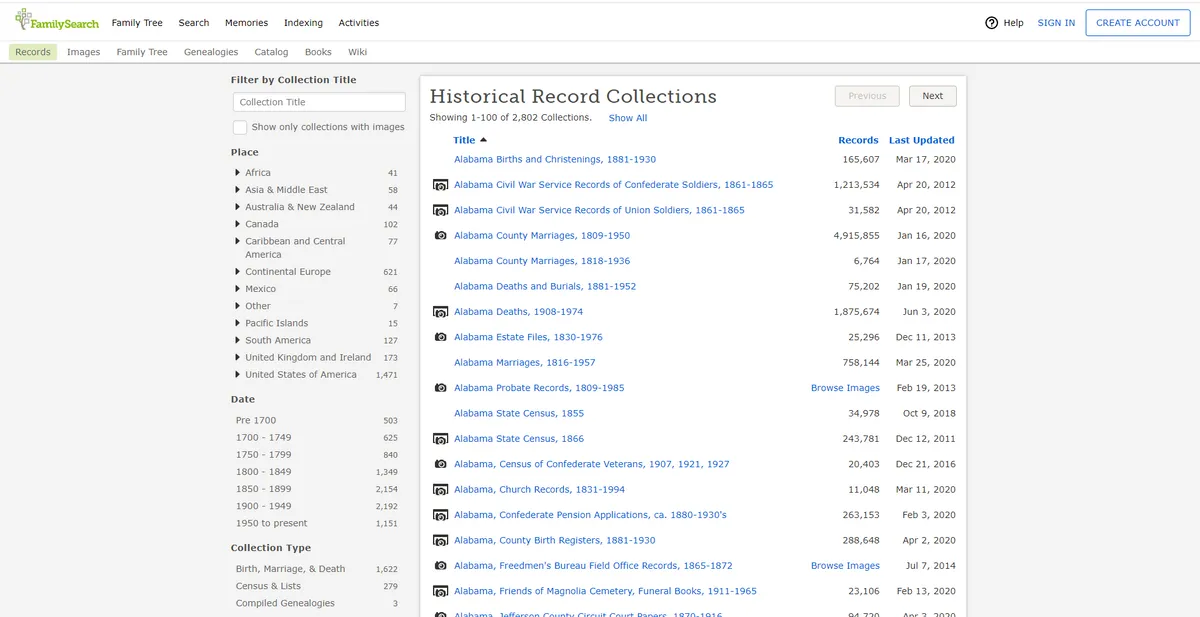
My recommended route into the vast FamilySearch mothership is via this historical collections page. It’s a simple listing of all FamilySearch's collections, which you can then narrow down by era and place to find many in the 17th century. 17th century records from the UK include parish registers arranged by county, bishops’ transcripts, nonconformist material, marriage bonds, wills and more.
6. Hearth Tax Digital
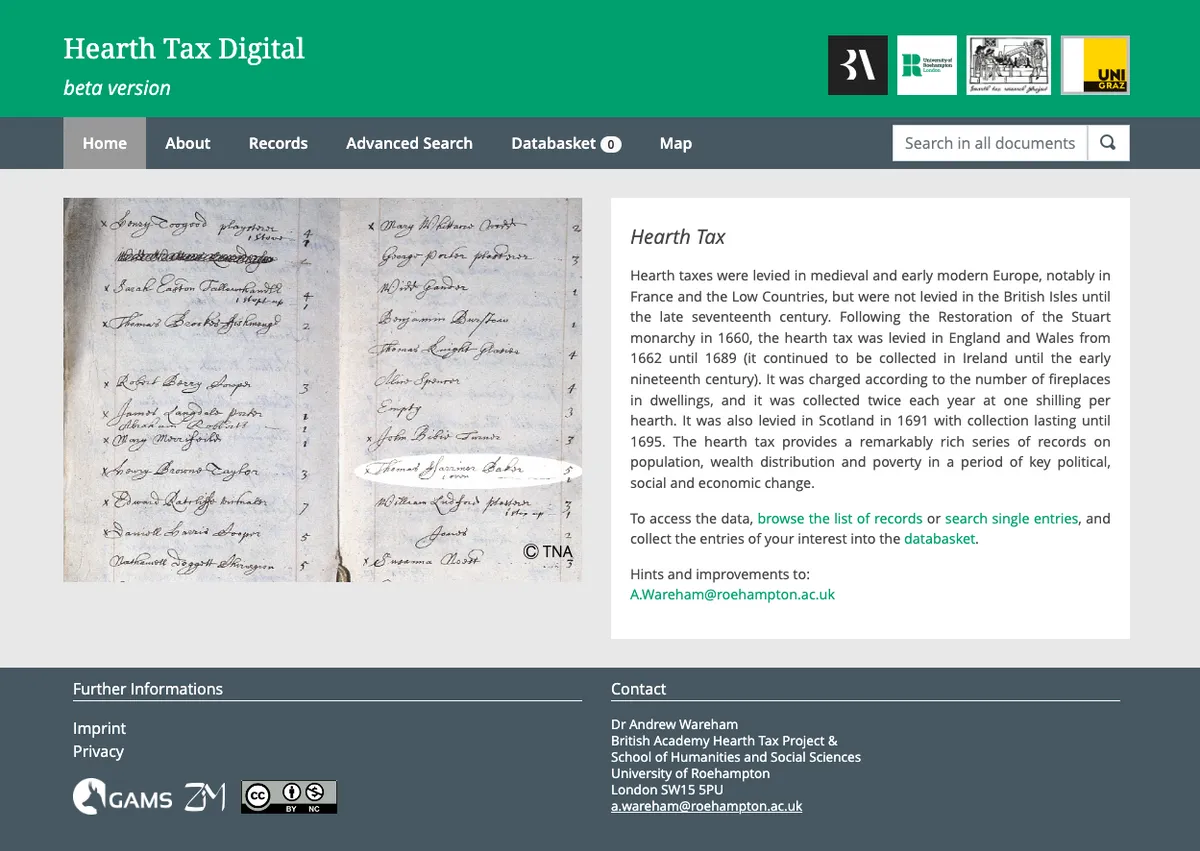
The hearth tax was levied twice-yearly from 1662 to 1689, but records only survive from 1662 to 1674. The returns are geographically arranged lists of occupiers as well as the number of hearths, which gives a rough idea of relative wealth. Those who were exempt on the grounds of poverty were also listed. The Hearth Tax Digital website gives details of all the returns that have been transcribed by the Centre for Hearth Tax Returns. There are two searchable datasets, one for records from London and Middlesex and the other is a growing collection from regional archives including a number from Warwickshire.
7. Swords and Spindles
A useful list of resources and websites for 17th-century social history.
8. The Churchwardens' Accounts Database
Churchwardens were responsible for the running of the parish church and administering the finances including Poor Law requirements. The database will help you track down records online and in the archives.
9. English Witch Trials
This site is rather showing its age but it includes a list of over 500 of those tried for witchcraft all over England.
10. Wigan Court Leed Rolls
This basic site includes fascinating transcriptions of 17th-century court rolls from Wigan.
